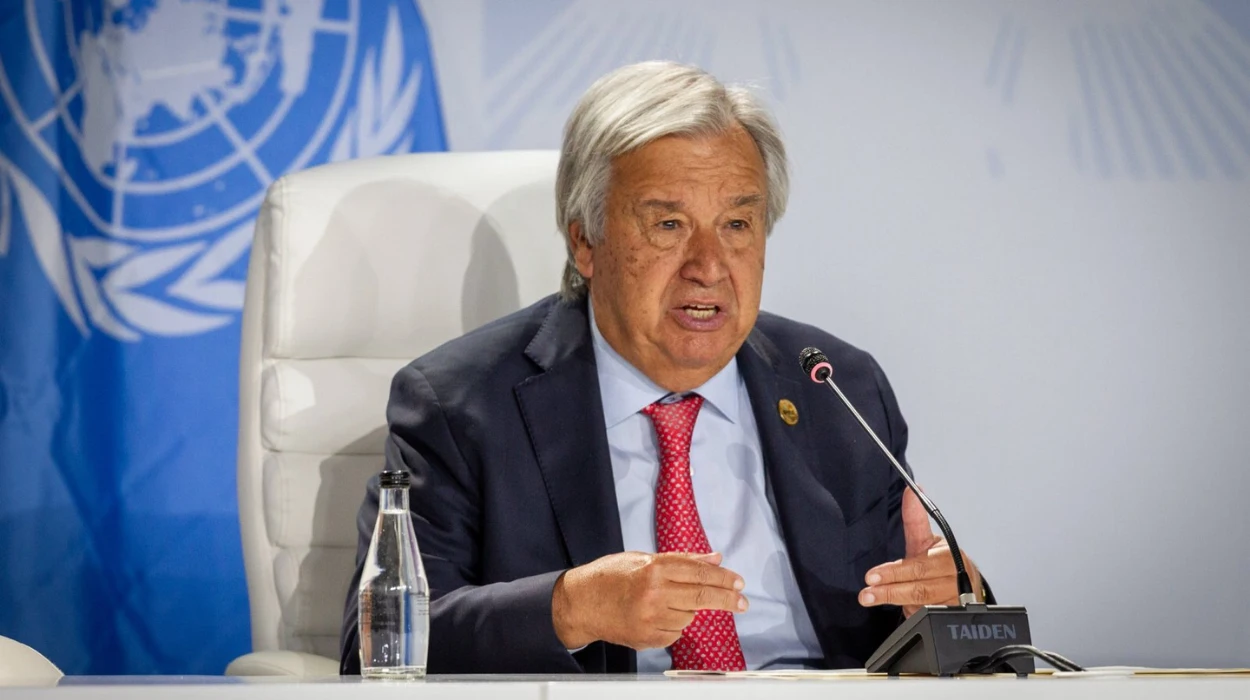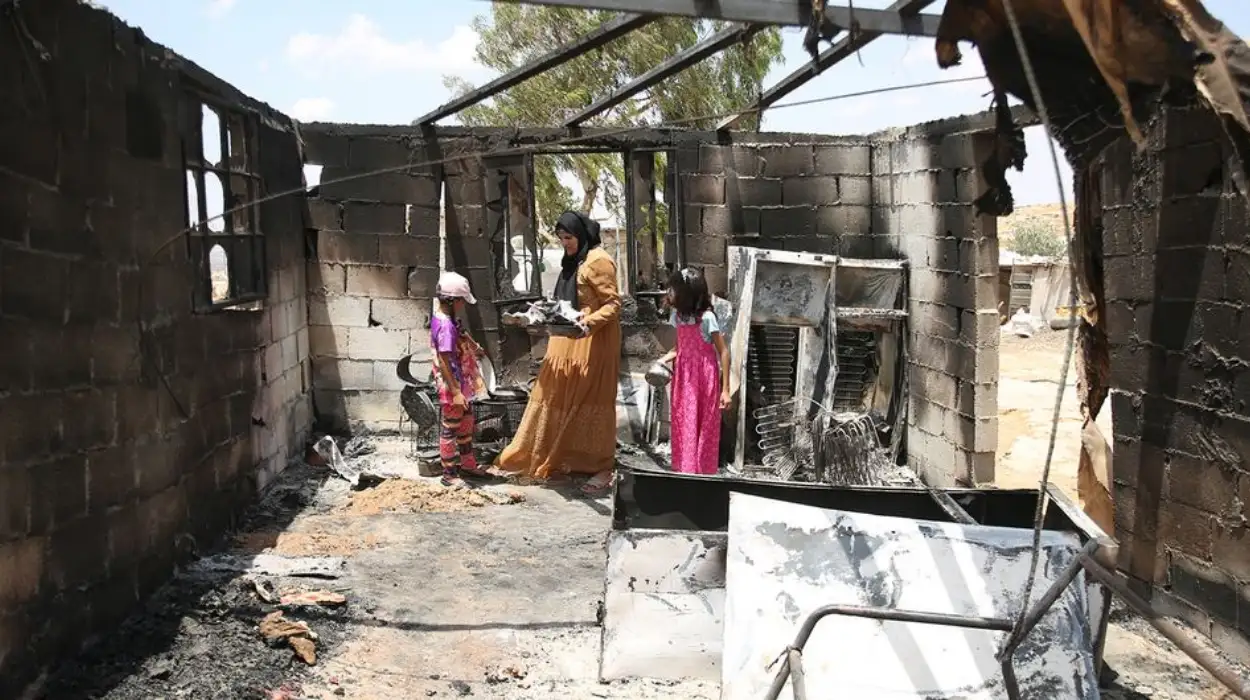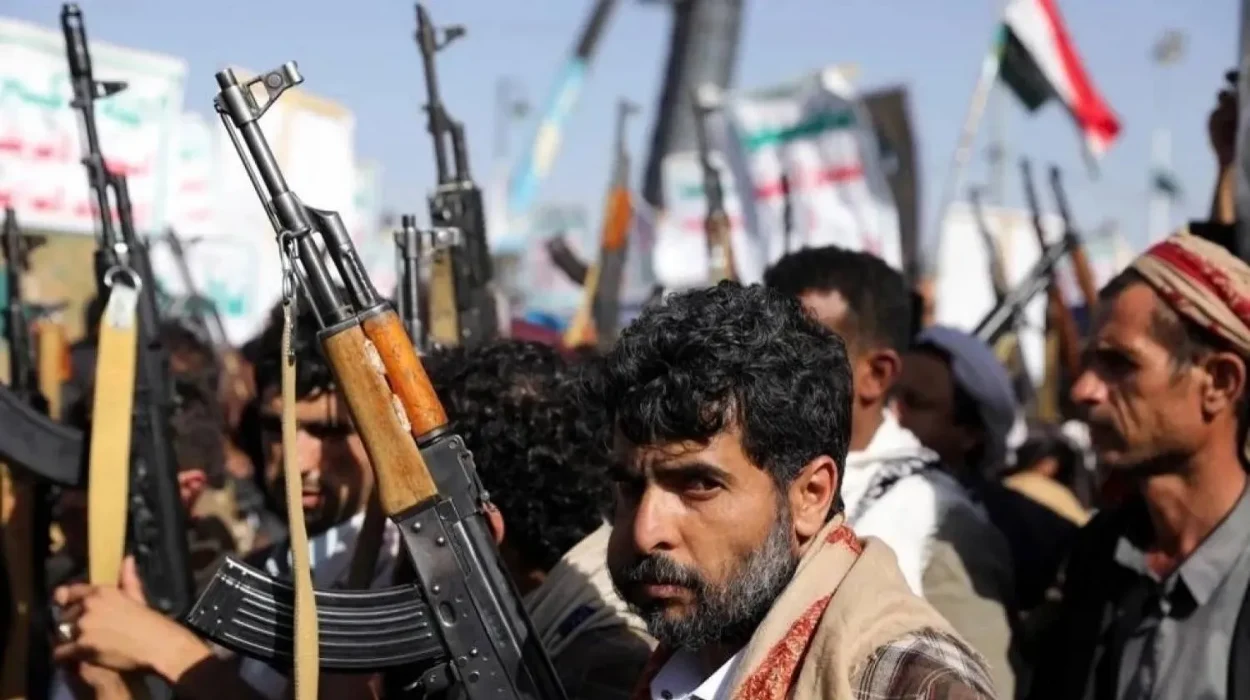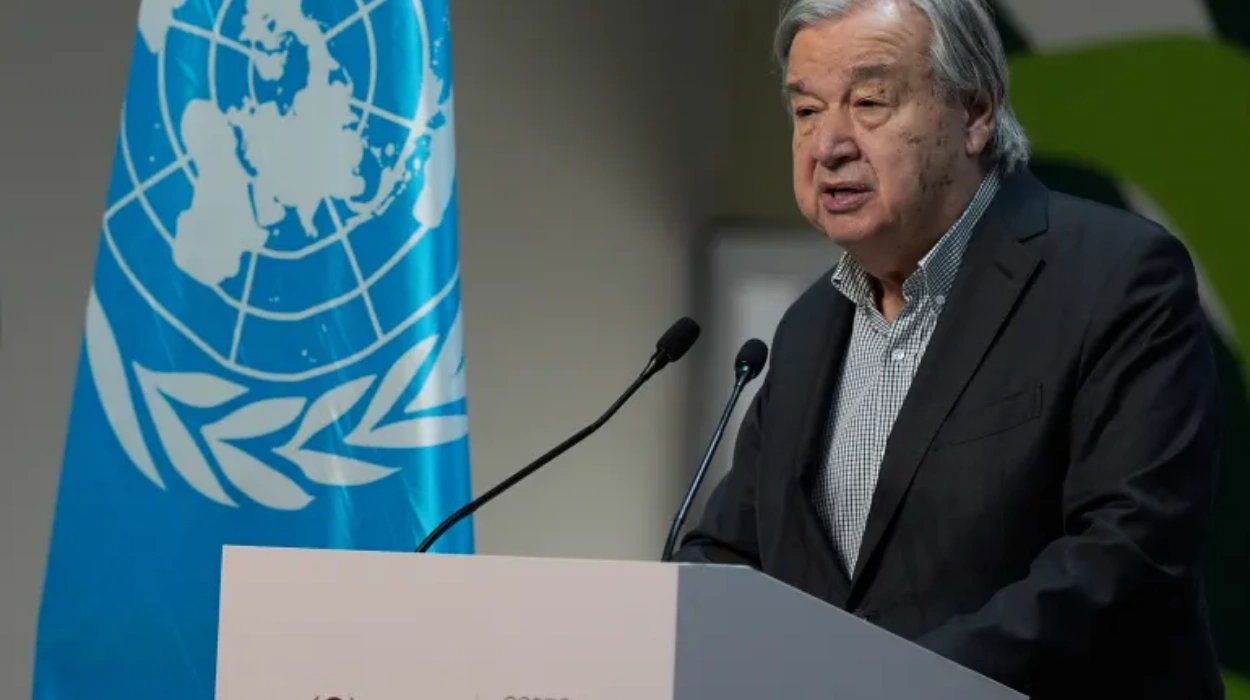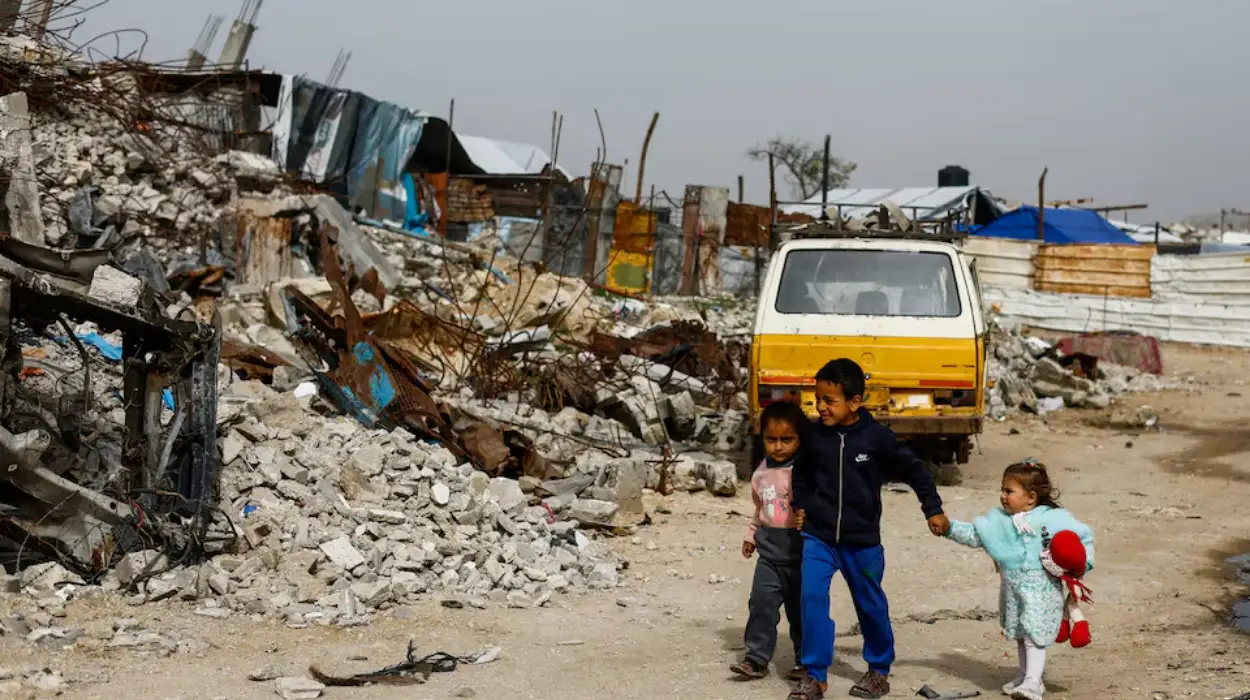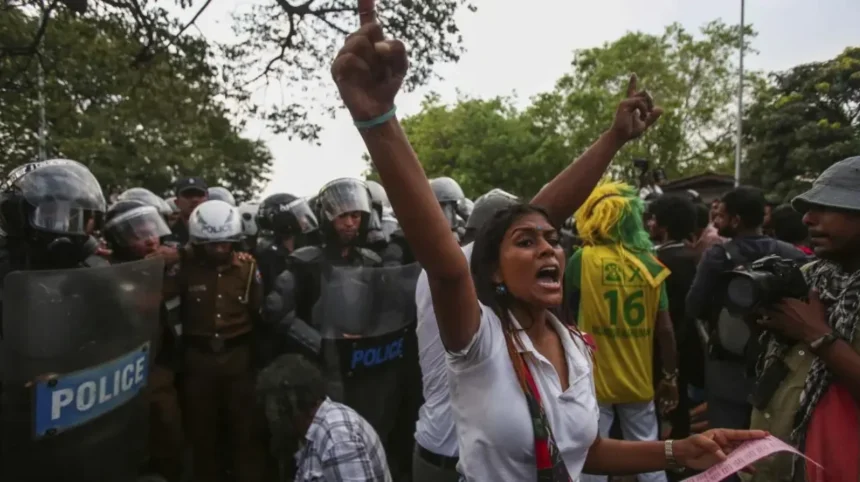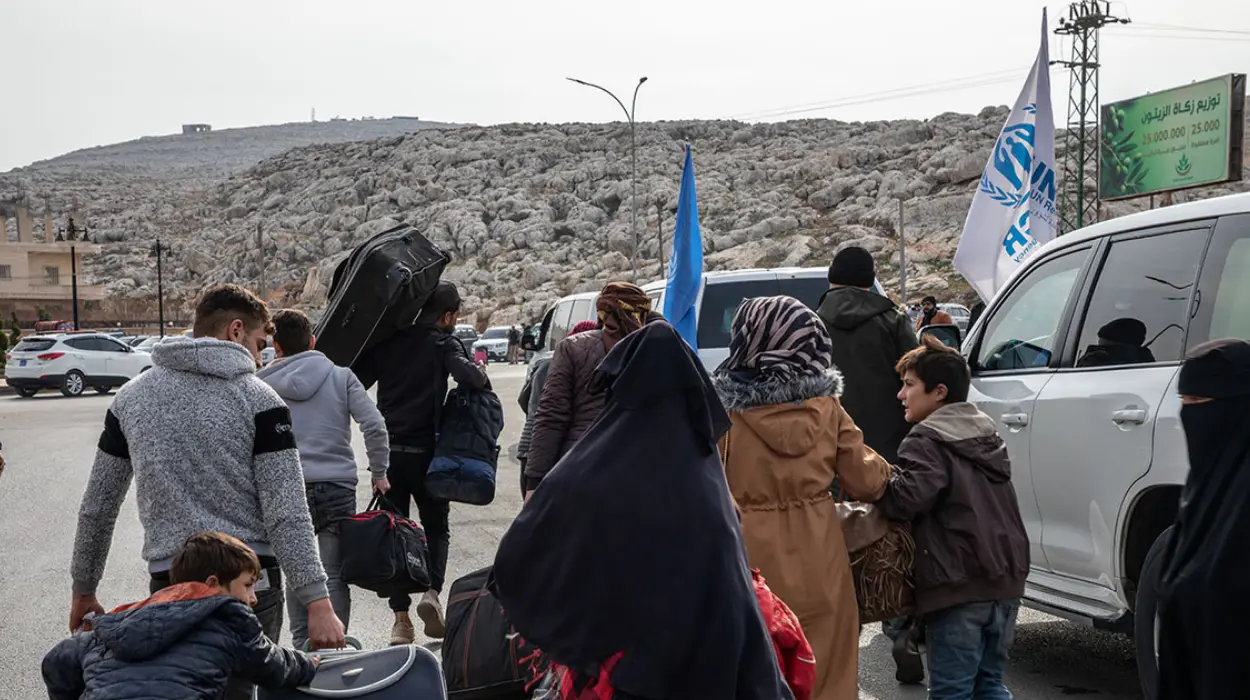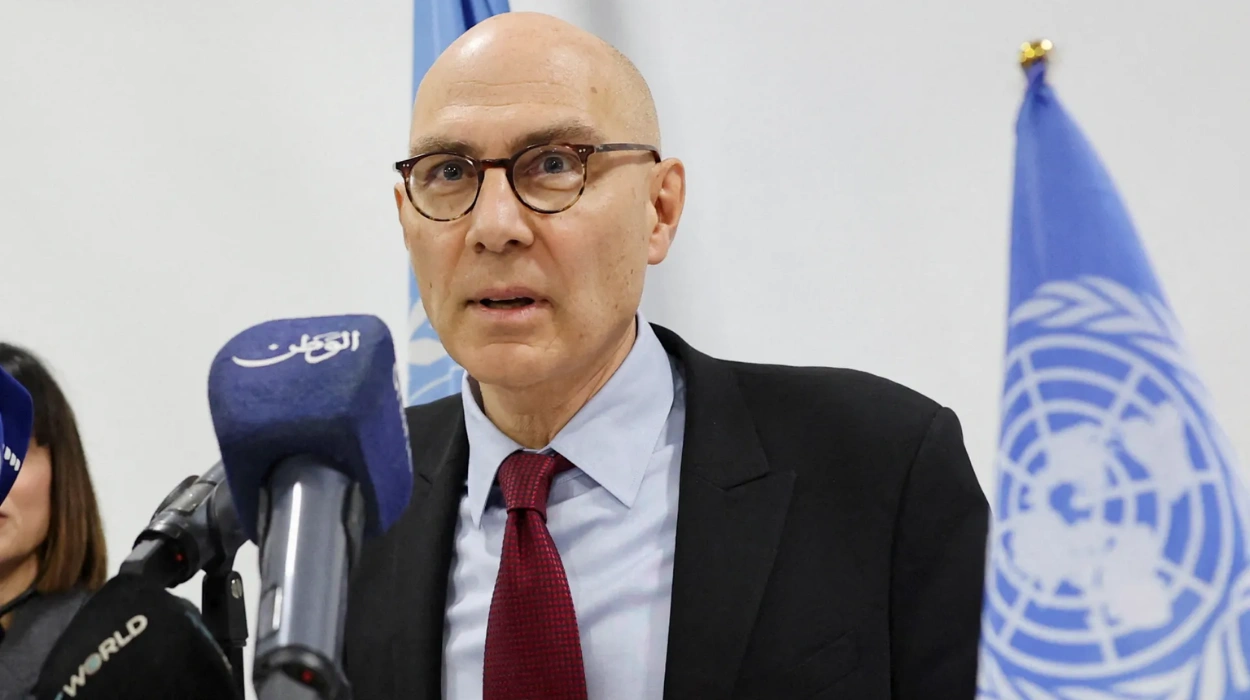Almost two decades after the civil war in Sri Lanka came to a close, the nation is still struggling to come to terms with the long-term effects of mass atrocities. The war that started in 1983 and ended in 2009 took the lives of up to 100,000 people, most of whom were civilians, during its last stages. The Sri Lankan government forces were also involved in egregious human rights violations, such as shelling of civilian targets, forced disappearances, and torture, and so were the Liberation Tigers of Tamil Eelam (LTTE).
In 2009, the guns may have been silenced; however, the path towards accountability is still blocked. The culture of impunity has been perpetuated by the failure of successive governments to ensure justice is served on acts of the war era. The lack of truth and justice is not an old memory to the survivors and the families of the missing, but it is something they have to bear on a daily basis.
The Office Of Missing Persons Fails To Deliver Closure
The Office of Missing Persons (OMP) established in Sri Lanka to deal with enforced disappearances has not achieved much. Although more than 20 mass graves have been documented, including some with the bodies of children and civilians, little has been done to prosecute or identify any of the individuals. The families of victims complain that they have been kept in the dark, and that there is a lack of transparency and access to forensic findings.
The lack of independence and slow speed of the OMP has attracted the criticism of both domestic and international observers. Despite being established as a healing system, its small capacity and autonomous political power has compromised its credibility and usefulness.
Ongoing Rights Violations Undermine Post-War Progress
Even in the year 2025, the situation with human rights in Sri Lanka is very worrying. More than 2,800 cases of torture and approximately 700 instances of cruel or degrading treatment have been recorded between January 2023 and March 2024, including most cases against state security agencies. Targeting of ethnic Tamils and Muslims still remains disproportionate, and arbitrary arrests and custodial violence have been reported over and over.
Use of Prevention of Terrorism Act (PTA), an artifact of the war, still allows the use of extended detentions without trial or charge. A total of more than 111,000 were detained in December through May of 2023, the vast majority of whom were charged with loose or unsubstantiated terrorism offenses.
Civil Liberties Eroded Through Crackdowns
There is an increasing curtailment of freedom of speech and assembly. The tranquil demonstrations, celebrations and communal meetings are usually subjected to monitoring, threats or brutal suppression by the police and military. Journalists and human rights defenders have claimed that there exists a culture of fear and that anyone can be harassed or prosecuted by speaking out against the state.
The current government guaranteed legal reforms that have never been transformed into anything significant. A bill to reform the PTA has been hitched in parliament, which further raises doubt about the government’s desire to reform.
The UN Pushes For Concrete Commitments In 2025
According to the United Nations Human Rights Council, the year 2025 presents a golden opportunity to Sri Lanka to end the impunity circle. Volker Turk, UN High Commissioner on Human Rights, visited the country earlier this year to underscore the importance of a clear roadmap in order to attain accountability, legal reform, and real reconciliation.
Turk conducted consultations with political leadership, civil society organizations and victims in the Northern Province. He pushed the government to deliver concrete outcomes and not empty promises. His visit has brought international attention back to Sri Lanka and given hope to victims’ families that something should be done.
National Rhetoric Still Falls Short
Although there has been international pressure, the government of Sri Lanka, through its public messages, puts more emphasis on national and economic recovery and less emphasis on human rights. Authorities continually declare that justice can be dispensed within the nation, but previous commissions have not resulted in prosecutions or institutional changes.
The UN has highlighted that recognition of historical atrocities, judicial responsibility towards those who have committed the crime, and compensations to the survivors are important measures that can curb future acts of violence. However, there has been no meaningful follow-through making it questionable whether Sri Lanka was committed to long-term peace.
Civil Society’s Role Amid Shrinking Space
The contribution of human rights organizations in Sri Lanka to abuse documentation, victim support and the pursuit of justice cannot be overstated. NGOs like the Centre for Policy Alternatives, families of the disappeared have also been demanding investigations of mass graves, especially in Mannar and Matale that have not been resolved.
Civil society actors work in a threatening environment despite their significance. Activists (in particular, those in Tamil-majority areas) are the targets of legal constraints and surveillance. Increasing reliance on national security discourses as a means of justifying repression undermines democratic space and prevents the healing process in society.
Symbolic Cases Still Await Justice
Well-known cold cases, such as the murder of five Tamil boys in Trincomalee and forced disappearance of a newspaper reporter, Prageeth Eknaligoda, are seen as manifestations of the overall failure to establish accountability measures. The fact that these high-profile cases remain unsolved gives victims a signal that the system does not want–or cannot–to take action.
These symbolic crimes have been repeatedly demanded to be resolved by international human rights organizations through independent special prosecutors and expedited courts. In such situations, unless there is any form of improvement, the people may not regain trust in the justice system in Sri Lanka.
Economic Crisis Further Complicates Accountability
Since 2022, Sri Lanka has experienced economic instability that has added more problems to rights-based governance. The level of poverty is expected to stay at or above 22 per cent over the coming 2026, limiting government expenditure on justice, healthcare and social services. The IMF-supported austerity-based economic revival efforts by the government have left it with little fiscal room to invest in transitional justice.
Although recovery in the economy is prerequisite, the fact that human rights have been lost can lead to structural inequality and to the formation of distrust in state institutions. Failure to leverage these dimensions, analysts caution, may contribute to the escalation of grievances, and possibly even start cycles of unrest.
Global Influence Is A Mixed Force
Sri Lanka’s human rights agenda is also influenced by geopolitics. The government has remained wary of international criticism as its links with China, India and the Gulf states increase. Accountability pressure at the coordinated pressure level has been watered down by western donor fatigue and strategic competition in the Indo-Pacific region.
Nevertheless, the Human Rights Council still issues resolutions that require monitoring and collection of evidence. The Office of the High Commissioner of Human Rights (OHCHR) has a Sri Lanka Accountability Project in Geneva, where evidence is documented and kept in case a judicial mechanism arises in the future.
Practical Pathways Toward Lasting Justice
In Sri Lanka, the way ahead does not fully depend on some token gestures. A reform of the law needs to guarantee the independence of the judiciary and eradicate institutional discrimination within the security apparatus. Another solution that is highly supported is the formation of special courts or hybrid tribunals with the backing of international partners in case of serious criminal offences.
The participation of the victim should be institutionalized in every justice process. To render the proposed solutions believable and appropriate, it is critical to engage communities impacted by the issue, young people, women, and displaced individuals. Any reconciliation program should focus on longer-term funding of psychosocial services and reparation.
Truth And Transparency As Cornerstones
Investigations of mass graves carried out in a transparent and independent manner would provide the preliminary steps towards truth and healing. Publicity of forensic reports, exhumation information, and the results of DNA analysis would reflect the desire of the government to act in good faith.
There should also be an attempt to rebuild the confidence of people by conducting local reconciliation programmes, revision of the school curriculum and official acknowledgment of the victim’s suffering. The country can only start to heal its fragmented history by an integrated process that is anchored in accountability.
When Sri Lanka nears major political and economic milestones, the question has always been whether those in leadership will take the opportunity to administer justice or will another history of impunity repeat itself. The manner in which such a balance is achieved will outline the profiles of both peace and democratic resilience in future times.


